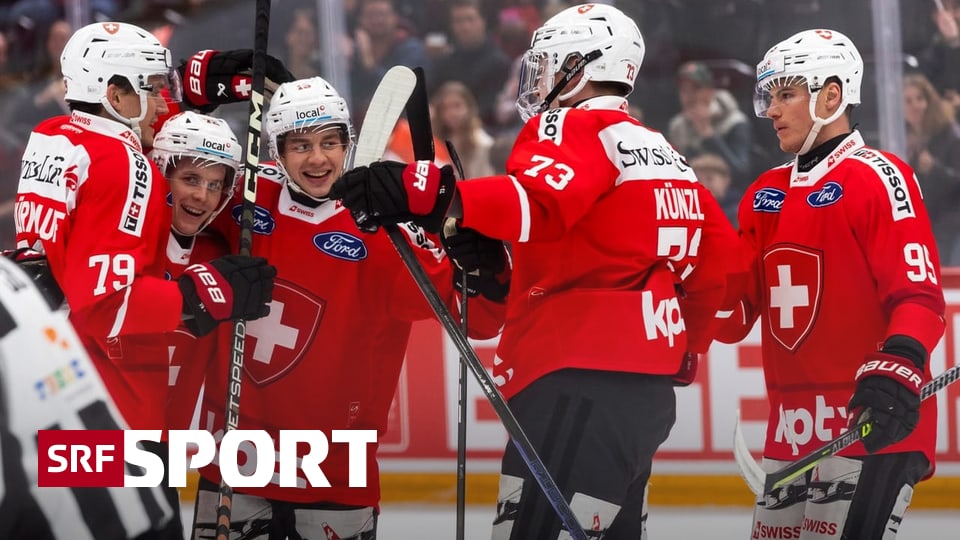Major bank BPCE acquired Fidor about five years ago, and the French financial institution actually wanted to sell fintech again last year. However, it did not, as research from the financial landscape shows.
Munich direct bank Fidor, which collapsed at the end of 2020, brought its long-term owner, the main French bank BPCE, more significant losses than previously known. In the last financial year, as an integrated enterprise, there was another minus of €121 million – after losses of €35 million (2016), €110 million (2017), €41 million (2018) and €63 million (2019) in previous years. .
Considering that BPCE initially paid €100 million rumored to have acquired Fidor in 2016/2017, the unsuccessful engagement may have cost the French several hundred million euros in the end. To put it in perspective: According to the financial statements, the Paris-based institute had to pump about 67 million euros again in 2020 – after Fedor had already injected with a total capital of about 186 million euros in the years 2016 to 2019. And all this in an institute that recently had total assets of 1.4 billion euros and cumulative net commission and interest income of 16 million euros.
Whereas in previous years losses came primarily from unsuccessful loan commitments in Great Britain, in 2020, only the write-off of Fidor Solutions, which was recently sold to French technology group Sopra Steria, amounted to 69 million euros. However, at the same time, the Munich-based company was also operating at a high operating loss: said income from interest and commissions of €16 million was offset by exorbitant administrative expenses of €53 million.
Apparently, BPCE was only eventually interested in somehow getting rid of Fidor – the direct bank launched in 2009, mentioned at the same time as the N26, is no longer really developed. The plan for 2020 was actually to increase the number of customers from 324,000 to nearly 500,000. Instead, there were only 166,000 customers at the end of the year.
To be fair: In addition to the introduction of account fees, this was also contributed by the sale of the White Label Company (“o2/Telefonica Banking”) to Comdirect. The average net commission income per client was only €49, which means the €80-95 target was missed by miles. It is clear that the lending business has stopped to some extent. Inventory at the end of the year was only 39 million euros – this corresponds to a decrease of 70 per cent compared to the previous year and 54 per cent compared to the subjective forecast.
Is the sale to Ripplewood complete? No comment
But even more interesting is the question of who actually owns Fedor now. Almost parallel to the sale of its IT division to Sopra, the owner of BPCE announced in August 2020 that it wanted to sell the actual banking business to Anglo-Saxon financial investor Ripplewood; The corresponding transaction should take place in the first half of 2021. Research by the financial landscape now shows, however, that Fedor Bank was still part of the main French bank until the middle of last year.
As far as the current situation is concerned, a BPCE spokesperson said it is dodgy at the request of FinanzSzene.de. In principle, one does not comment on “ongoing actions”. In financial circles this week it was said that BPCE has been delayed by Ripplewood for a long time. The signing is claimed to have been completed in the meantime – but the closure has not yet been completed. Fedor himself did not want to comment either.
It is unclear whether the 2021 goals mentioned in the annual report have been addressed. According to the annual report, Fedor wanted to focus on the classic current account in the banking sector, but he also wanted to grow again in the credit sector. It also said that “the expansion of the infrastructure and operations of the overall credit activities (…), which began in 2020, will be pushed forward with significant pressure.” The break-even point should be achieved in 2022 and a profit for the year should be made in the following year. It will be the first since 2014.
Meanwhile, Fidor Solutions said goodbye to the new owner with much higher losses than planned, as evidenced by the recently published financial statements for 2020. Instead of a planned loss of three million euros (according to Ebitda), the loss was 24 million euros; Total production fell to 21 million euros. Here, too, another 53 million euros (!) flowed into the capital reserve.
It is not clear whether this money also came from BPCE or indeed (in part) from Sopra Steria, BPCE Group left a corresponding request unanswered. The fact that only €11m of equity remained at the end of the year was due to the fact that loans and other liabilities within the group had to be repaid. In 2021, Ebitda’s condition should deteriorate again – Sopra Steria is only hoping for improvement in the current year.
* Transparency notice: Sopra Steria is one of the Distinguished Partners From FinanzSzene.de. This has no effect on reporting.

“Alcohol buff. Troublemaker. Introvert. Student. Social media lover. Web ninja. Bacon fan. Reader.”







More Stories
What are the opportunities available to the company?
Dirty Deals – Refugee deal between Great Britain and Rwanda
YouTube significantly increases advertising revenues – Quotenmeter.de